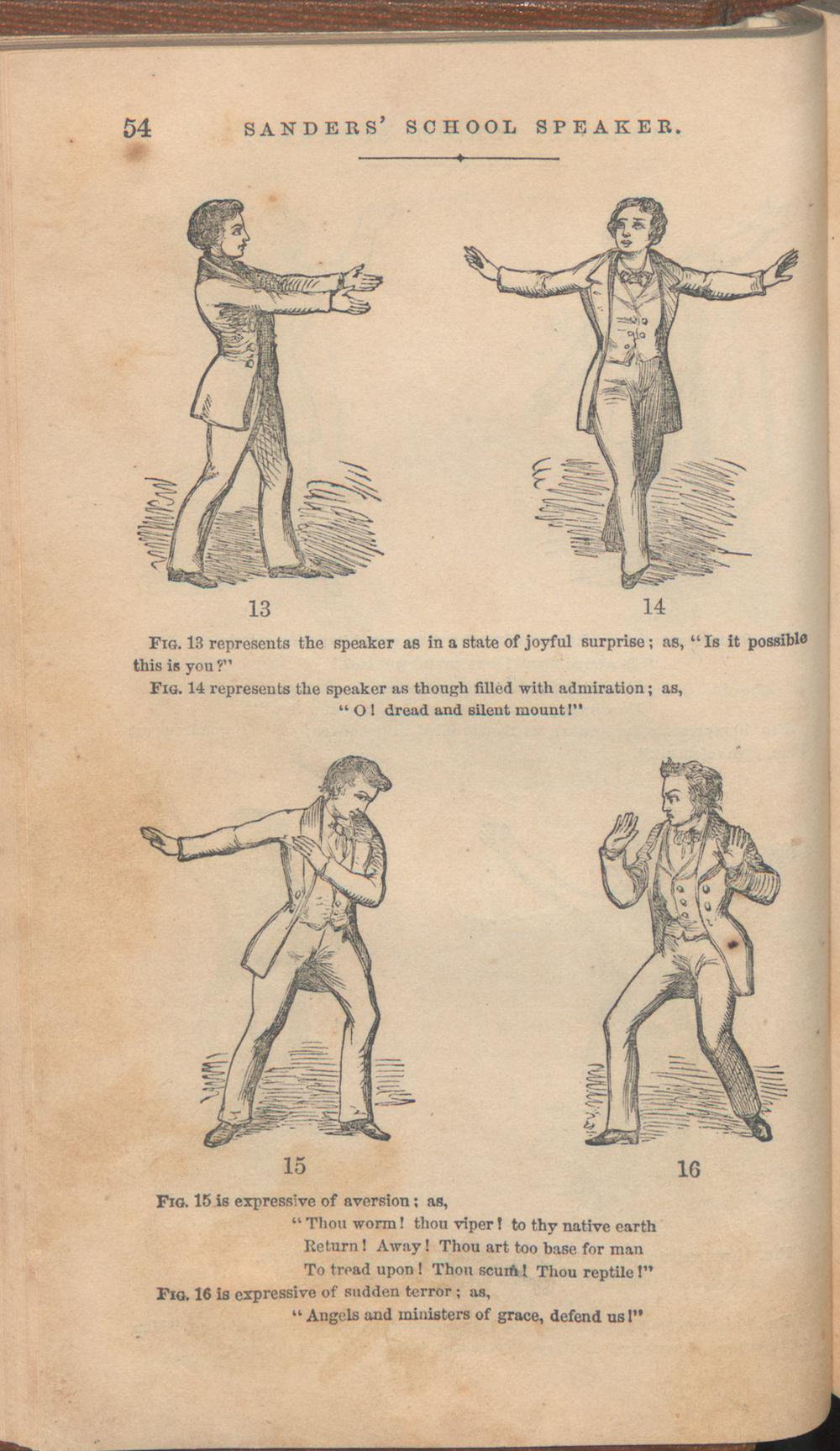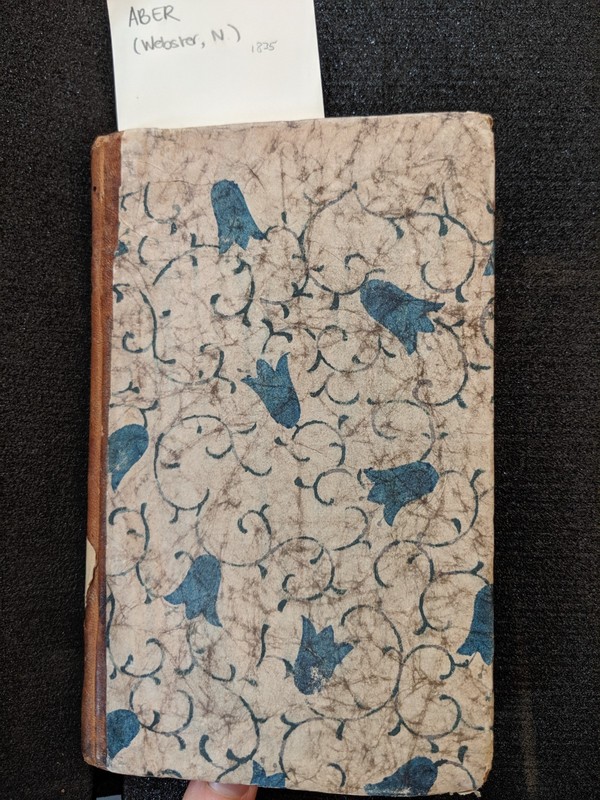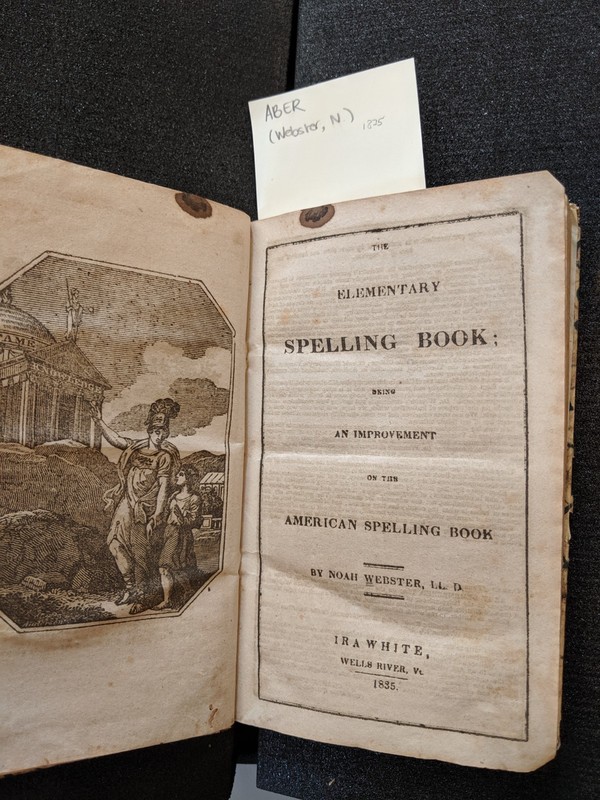Introduction
Noah Webster's The Elementary Spelling Book; Being an Improvement on the American Spelling Book is an illuminating text for understanding 19th-century language ideologies. When we think of the time period in which this piece emerged, we imagine, on the one hand, westward expansion and new growth for the budding economy of the United States; on the other hand, the displacing and murdering of large groups of people, and decisions about who was "right" or "wrong" – especially when anyone got in the way of the precious dream of American prosperity. It was in this period, 1835 to be precise, that Noah Webster added another book to his growing collection of American English dictionaries, spelling books, and pronunciation guides, as part of a widespread attempt to achieve "uniformity" in American English speech and writing. As we know from Thomas Paul Bonfiglio, the use of morality as a justification for certain language rules and reforms was common during the era, and across time in general. Diving into The Elementary Spelling Book, this is not only evident but obvious, as Webster makes no attempt to hide the fact that language usage and morality are inextricably linked in his mind.


